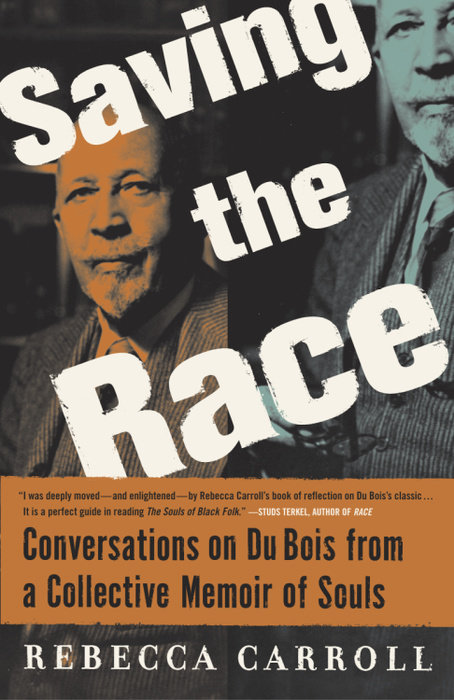Black and Proud. Even if Strangers Can’t Tell.
The New York Times
2017-04-01
Rebecca Carroll, Editor of Special Projects
WNYC, New York, New York

Rachel Levit
My 11-year-old is understated, but not shy. He likes to bake, loves video games, is loyal to his friends and, biased as I may be, is a pretty good-looking kid. He gets mad sometimes, though, that people don’t immediately register him as black. “You’re so lucky,” he said to me a few months ago. “People look at you and know that you are black.”
Being black in America has historically been determined by whether or not you look black to nonblack people. This keeps racism operational. Brown and black skin in this country can invite a broad and freewheeling range of bad behavior — from job discrimination to a child being shot dead in the street. For my son, though, being black in America is about more than his skin color. It’s about power, confidence, culture and belonging.
You inherit race, though. You don’t steal it. We’re reminded of this once again by Rachel Dolezal, the white woman who made national headlines in 2015 for claiming a black identity because she felt like it. She released a memoir last week…
…My son is not the only light-skinned, mixed or biracial person I know who identifies primarily as black. Increasingly, I have observed my adult peers and colleagues who fall into this category not merely identifying as black, but routinely pulling out the receipts to prove their blackness.
Some of this may have to do with what the brilliant Jordan Peele, who is also biracial and black, tapped into for the plot of his genre-redefining box office hit, “Get Out” — that it’s cool to be black right now, that we are trending…
Read the entire article here.

